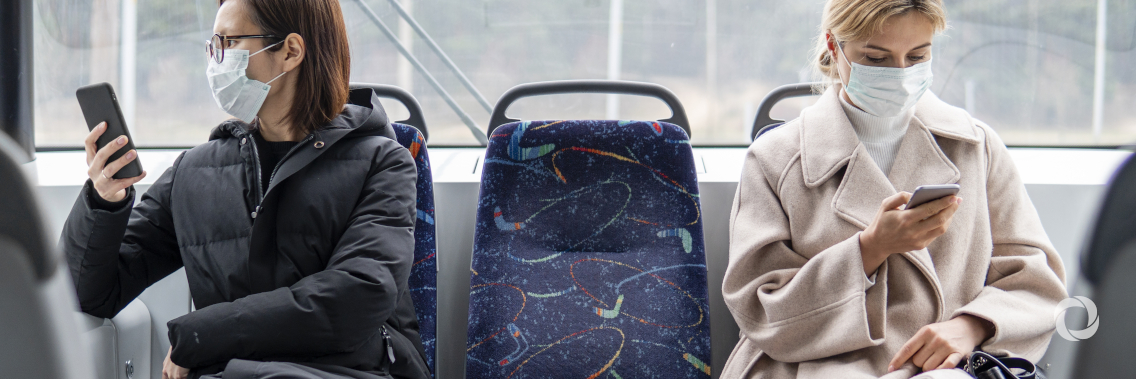The world is on track to reach 10 million coronavirus cases within the next week, the World Health Organization (WHO) chief executive said, a “sober reminder” that as research continues into therapeutics and vaccines, utmost efforts are needed now to suppress transmission and save lives.
Addressing journalists from Geneva during the agency’s regular press briefing, WHO Director-General, Tedros Adhanom Ghebreyesus, said that more than 9.1 million cases of COVID-19 have been reported thus far, and more than 470,000 deaths. In the last month, almost 4 million have emerged.
By contrast, he said less than 10,000 cases were reported in the first month of the outbreak.
Providing oxygen to those who need it is one of the most effective ways to save lives, he said. This has been an area of intense focus for WHO since the beginning of the outbreak, as patients in severe and critical condition cannot bring enough of it into their bloodstreams, by breathing normally. They need higher concentrations and support.
Left untreated, severe COVID-19 deprives cells and organs of oxygen, Tedros explained, leading to organ failure and death.
Medical oxygen is created by using concentrators which extract and purify oxygen from the air. At the current rate of one million new cases each week, the world needs 620,000 cubic metres of oxygen daily, he said – the equivalent of 88,000 large cylinders.
However, the WHO chief and former health minister of Ethiopia said many countries are finding it difficult to obtain concentrators, as 80 percent of the market is owned by just a few companies. Demand is outstripping supply.
To ease shortages, WHO is buying them for countries that need them most, he said, and ongoing talks with suppliers have led to the purchase of 14,000 concentrators, which WHO will send to 120 countries in the coming weeks. WHO has identified a further 170,000 that can be available over the next six months, at a value of $100 million.
In addition to these efforts, WHO has purchased 9,800 oximeters, a simple device used to monitor oxygen in patients’ blood, which are being prepared for shipment.
Another challenge is that critically ill patients need a higher flow rate of oxygen than is produced by most commercially available concentrators.
To address this problem, WHO is helping countries buy equipment that will enable them to generate their own concentrated oxygen in larger amounts.
Original source: UN News
Published on 24 June 2020

